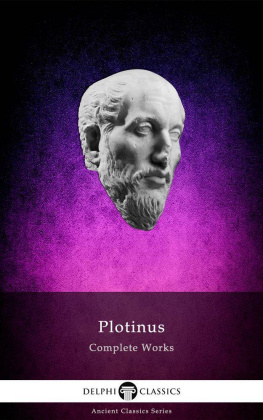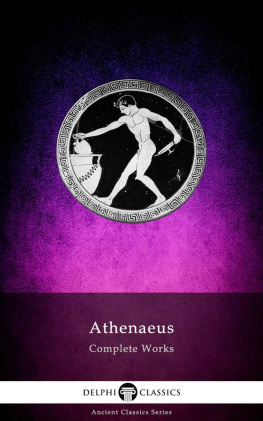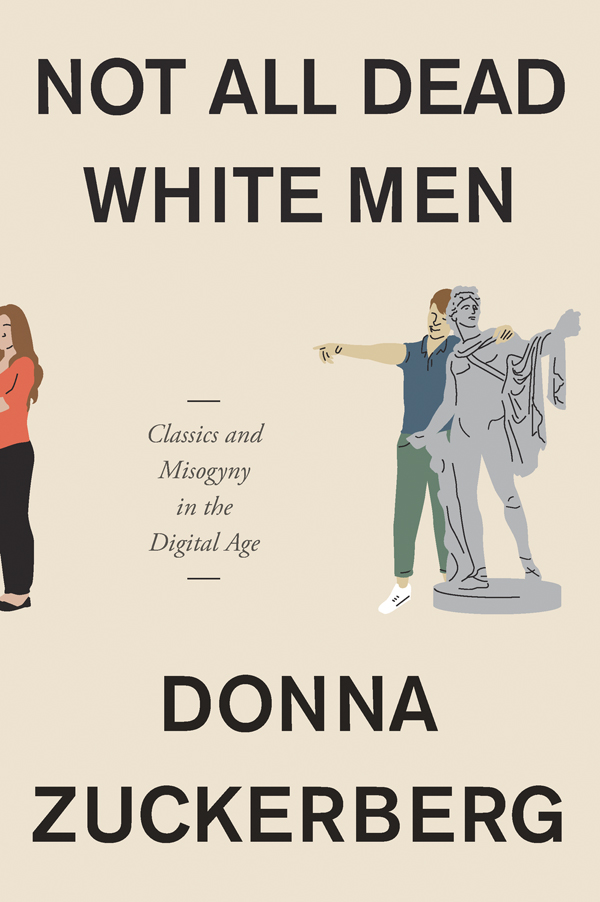978-0-674-97555-2 (alk. paper)
Names: Zuckerberg, Donna, 1987 author.
Title: Not all dead white men : classics and misogyny in the digital age / Donna Zuckerberg.
Description: Cambridge, Massachusetts : Harvard University Press, 2018. | Includes bibliographical references and index.
Subjects: LCSH: Right-wing extremistsUnited StatesHistory21st century. | Mens movementUnited StatesHistory21st century. | MisogynyUnited StatesHistory21st century. | United StatesCivilizationClassical influences.
At the end of 2016, posters for the white nationalist group Identity Evropa began to appear on college campuses in the United States. The posters featured black-and-white photographs of statues, most of which were either ancient, such as the Apollo Belvedere, or obviously classicizing, such as Nicolas Coustous 1696 statue of Julius Caesar. Overlaid on these images were generic, seemingly inoffensive slogans such as Protect Our Heritage and Our Future Belongs to Us. The posters caused a wave of outrage and were quickly removed, although they remained available for sale on the Identity Evropa website under the heading Epic Posters for nearly a year.
This use of classical imagery to promote a white nationalist agenda is far from an isolated occurrence. In fact, the Identity Evropa posters are unusual not for what they depict but, rather, for having an actual physical presence. In the less tangible world of the internet, far-right communities ideologically aligned with Identity Evropa have increasingly been using artifacts, texts, and historic figures evocative of ancient Greece and Rome to lend cultural weight to their reactionary vision of ideal white masculinity.
These online communities go by many namesthe Alt-Right, the manosphere, Men Going Their Own Way, pickup artistsand exist under the larger umbrella of what is known as the Red Pill, a group of men connected by common resentments against women, immigrants, people of color, and the liberal elite. The name, adopted from the film The Matrix, encapsulates the idea that society is unfair to menheterosexual white men in particularand is designed to favor women. The Red Pill finds its primary online home on the subreddit r / theredpill, a forum on the social media platform Reddit dedicated to discussion of Red Pill ideas. Its influence and reach, however, extend far beyond that home: men in Red Pill communitieson Reddit and elsewhere onlineshare articles, memes, and news stories to incite one anothers anger. That anger then occasionally finds outlets in what are sometimes called troll storms: a hurricane of digital abuse aimed at those with the misfortune to attract attention.
The Red Pill community has an odd and uncomfortable relationship with social media: its members exhibit widespread disdain for every major social media platform, but they also use those platforms as major modes of communication and object vociferously when members of the community are banned from social media sites. James Roissy Weidmann, writer of the popular blog Chateau Heartiste, calls Twitter Twatter, and Return of Kings, a popular blog within the manosphere community, frequently publishes articles arguing that Twitters censorship of conservative personalities such as Milo Yiannopoulos will lead to its eventual bankruptcy. Many members of the community have a presence on both Twitter and Gab, a less restrictive Twitter clone, and some factions of the community have relocated from the barely policed news aggregator Reddit to its even less restrictive counterpart Voat. Mark Zuckerberg, the founder of Facebook (and my older brother), is frequently mocked as Mark Cuckerberg or Zuck the Cuck, epithets based on the term cuck, a particularly significant form of insult within the Red Pill derived from the term cuckold.
I understand what it feels like to have an ambivalent relationship with social media. I moved to Silicon Valley in 2012, when my husband accepted a job at a social media marketing company that was later acquired by Google. All three of my siblings have worked in social media, and so have many people in my social circle. Because I know so many people working in the technology industry, I hear a great deal about the power of technology to connect the world and build communities. But when people with similar interests are connected, some of the strengthened communities will inevitably be those bound by shared hatreds and prejudices. The communities studied in this book are a perfect example. Social media has led to an unprecedented democratization of information, but it has also created the opportunity for men with antifeminist ideas to broadcast their views to more people than ever beforeand to spread conspiracy theories, lies, and misinformation. Social media has elevated misogyny to entirely new levels of violence and virulence.
Anyone today who does not intend to become a digital hermit is guaranteed to encounter these men online. Those inevitable encounters will be less traumatic and shocking to those who are prepared and able to recognize the strategies they use to attack their targetsincluding how they use Greek and Roman antiquity to bolster their credibility.
The Red Pill community is by no means unique in its attraction to ancient Greece and Rome. Political and social movements have long appropriated the history, literature, and myth of the ancient world to their advantage. Borrowing the symbols of these cultures, as the Nazi Party did in the 1940s, can be a powerful declaration that you are the inheritor of Western culture and civilization. The men of the Red Pill have adapted this strategy for the digital age. They have turned the ancient world into a meme: an image of an ancient statue or monument becomes an endlessly replicable and malleable shorthand for projecting their ideology and sending it into the world.
Classics is not the only field of inquiry these men use to justify their views. They are particularly interested in the histories of Great Britain, Germany, and Russia, especially the medieval period, and they also compose and cite articles about evolutionary psychology, philosophy, biology, and economics. The Greek and Roman Classics, nonetheless, hold particular cultural significance for them. By turning frequently to authors such as Marcus Aurelius and Ovid, they attempt to perpetuate the idea that white men are the guardians of intellectual authority, especially when such authority is perceived to be under threat from women and people of color. They claim that the ancient world and, by extension, the study of the ancient world are under attack by the politically correct establishment and social justice warriors in US classrooms. As colleges move to replace some of the dead white men of the literary canon with writers who are not dead, not white, and not men, the living white men of the Red Pill have appeared as the self-appointed guardians and defenders of the cultural legacy of Western civilization.








